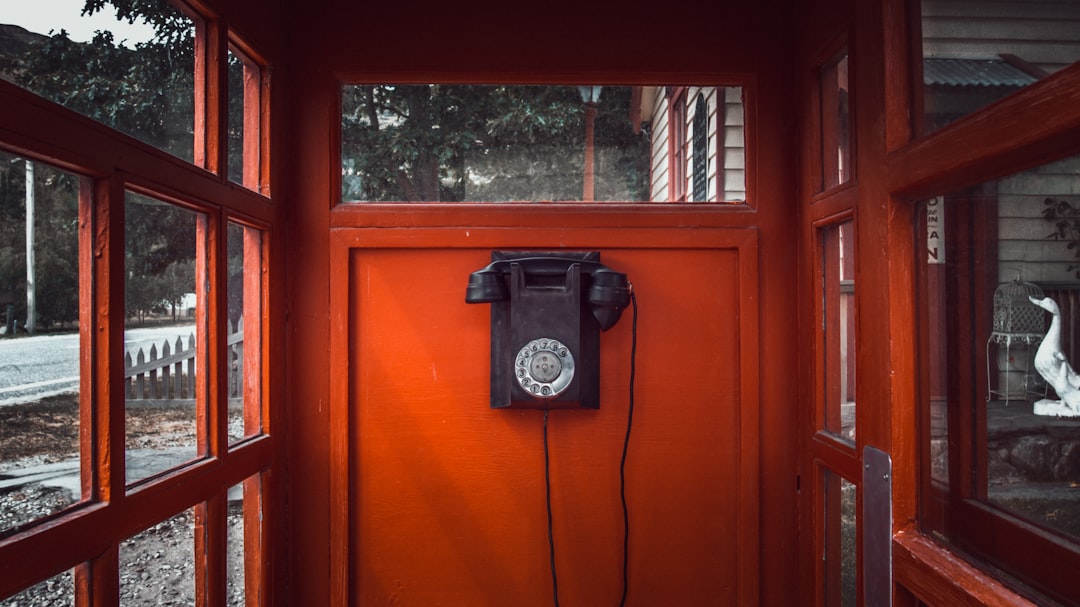Spam calls from law firms are a growing issue in Montana, particularly affecting rural areas due to limited caller ID and blocking tools. While urban areas have better defenses, rural residents face a deluge of prerecorded messages. Montana's strict anti-spam laws demand explicit consent for automated calls and impose heavy penalties on violators. Law firms in isolated areas struggle with these unwanted calls, disrupting their work. Empowering Montanan residents through education and digital literacy can significantly reduce spam, including calls from law firm spammers. Effective anti-spam strategies must consider these regional differences to protect both consumers and legitimate businesses while aligning with federal guidelines like the TCPA.
In today’s digital age, no region is immune to the nuisance of spam calls. This article delves into the evolving landscape of phone scams in Montana, exploring distinct trends between rural and urban areas. We analyze ‘spam call’ definitions from a national lens while focusing on Montana’s unique characteristics. Specific attention is given to the impact on law firms—a growing target for scammers. Additionally, we present legal frameworks, mitigation strategies, and prevention techniques tailored to empower Montana residents against these persistent intrusions.
Understanding Spam Calls: A National Perspective

Spam calls, or unwanted telemarketing calls, have been a persistent issue nationwide, with varying trends and impacts across different regions. In recent years, Montana, like many other states, has witnessed an increase in spam call volumes, particularly targeting rural areas. This phenomenon is not unique to Montana; it’s a national concern, with federal laws in place to combat the practice. The Telephone Consumer Protection Act (TCPA) restricts the practices of automated or prerecorded calls and allows consumers to opt-out of receiving such calls.
Nationally, spam call trends show that certain demographics are more affected than others. In rural Montana, where population density is lower, residents often receive an abundance of spam calls due to limited resources for caller identification and blocking. On the other hand, urban areas have better tools and awareness to manage these calls, leading to a different experience for city dwellers. Understanding these regional disparities is crucial in developing effective strategies to combat spam calls, ensuring Montana’s consumers are protected under national spam call law firms’ guidelines.
Montana's Landscape of Phone Scams: Uncovering Rural vs Urban Disparities

In Montana, as in many parts of the country, phone scams have become an increasingly prevalent issue, with a particular focus on rural and urban disparities. The vast landscapes and smaller communities of rural Montana often make residents more susceptible to targeted spam calls from law firms promising quick cash or threatening legal action. These scams exploit the trust and reliance on local connections, as individuals may be more inclined to answer calls from numbers displaying local area codes. On the other hand, urban areas like Montana’s bustling cities offer a different dynamic. While urban dwellers are equally at risk, higher population densities and a more saturated market for legal services can make it easier for legitimate law firms to stand out, potentially reducing the impact of spam calls.
Understanding these trends is crucial in combating phone scams effectively. The diverse landscape of Montana, from its vibrant cities to its tranquil rural settings, presents unique challenges and opportunities in the fight against spam call law firms preying on unsuspecting residents.
Legal Framework: Anti-Spam Measures in Montana

Montana, like many states, has implemented anti-spam measures to protect its residents from unwanted phone calls, particularly those originating from call centers and law firms. The state’s legal framework is designed to curb excessive spam calls and provide consumers with recourse against persistent violators. Key among these measures are laws that require companies to obtain explicit consent before making automated or prerecorded phone calls, as well as provisions for strict penalties against those who violate these rules.
The Montana Attorney General’s Office plays a pivotal role in enforcing these anti-spam call laws, working closely with law firms and other businesses to ensure compliance. Consumers can file complaints with the office if they suspect spam calls or have experienced harassment from persistent callers. This proactive approach helps maintain a balanced ecosystem where legitimate communications thrive while unwanted spam is minimized, ensuring a quieter, more peaceful environment for Montana residents.
Targeting Law Firms: The Unique Case of Spam Calls to Legal Practices

In Montana, as in many parts of the country, law firms have become a unique target for spam calls. This trend is particularly notable in rural areas, where legal practices may be fewer and more dispersed. Spammers exploit the relative isolation and potential for less robust call blocking systems, making these firms vulnerable to unwanted calls. Unlike urban centers with stringent anti-spam measures in place, rural law offices often lack the same level of protection, leading to a higher volume of spam calls.
The nature of these spam calls varies, but they frequently involve scams, telemarketing, or fraudulent legal services. Given the sensitive nature of legal work, such calls can be particularly disturbing for firm employees and partners. Understanding this unique targeting pattern is crucial in Montana, as it helps law firms implement more effective strategies to combat spam calls and protect their clients from potential frauds.
Strategies for Mitigation and Prevention: Empowering Montanan Residents

In the battle against spam calls, empowering Montanan residents is a critical strategy for mitigation and prevention. Education plays a pivotal role; many residents are unaware of the legal recourse available to them under the state’s spam call laws. Awareness campaigns can equip citizens with the knowledge to identify and report suspicious calls, thereby reducing the effectiveness of spammers targeting Montana. Encouraging residents to register their phone numbers on Do Not Call lists is another effective measure. This simple step significantly curtails unwanted telemarketing calls, including those from law firms engaging in spamming practices.
Additionally, fostering a culture of digital literacy can empower Montanans to protect themselves. Teaching residents about call authentication technologies and tools that identify legitimate callers enhances their ability to distinguish between genuine legal firms and malicious spammers. By combining education, registration, and digital literacy, Montana communities can fortify themselves against spam calls, ensuring residents’ peace of mind and compliance with local spam call law firms regulations.






